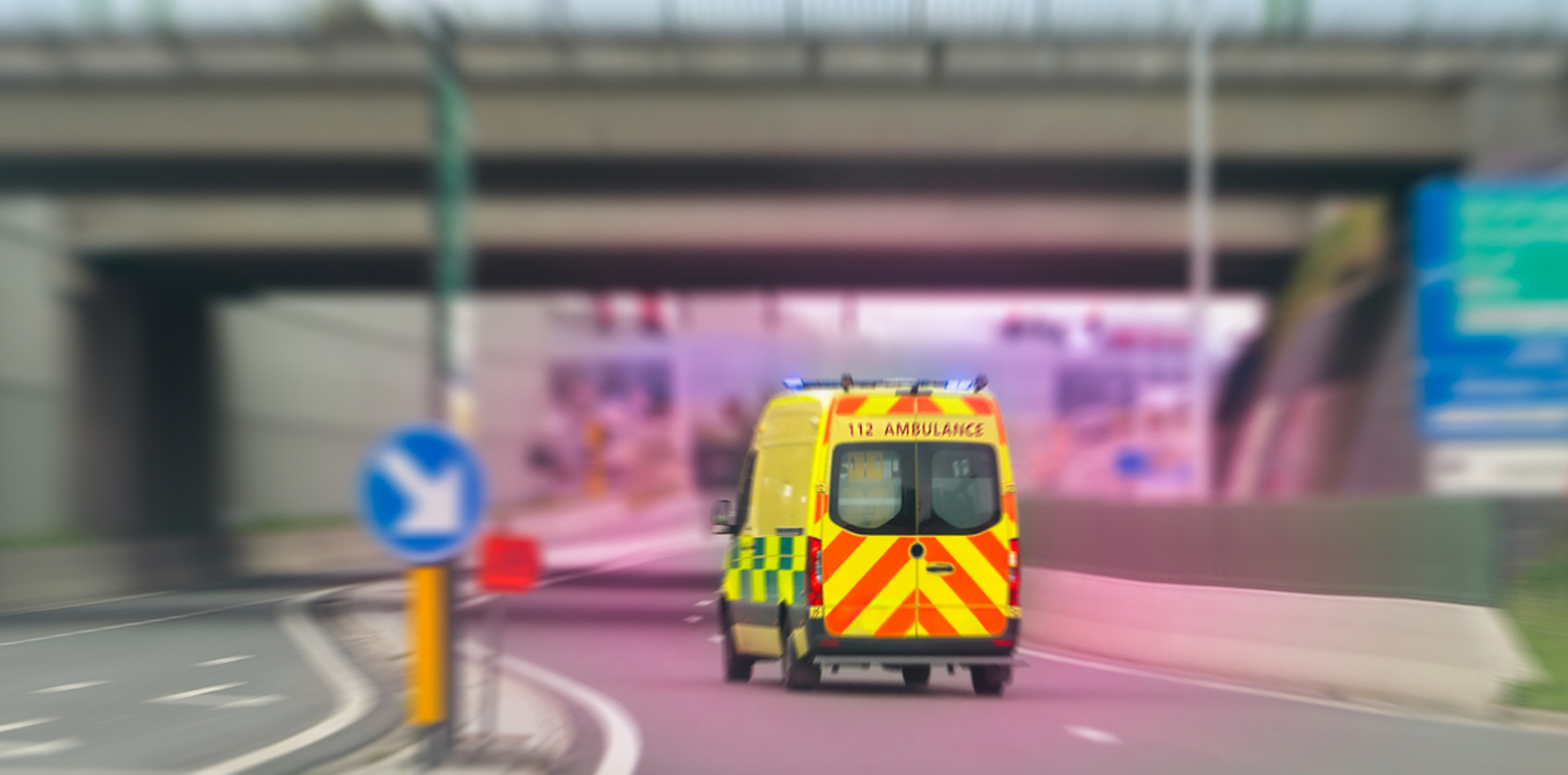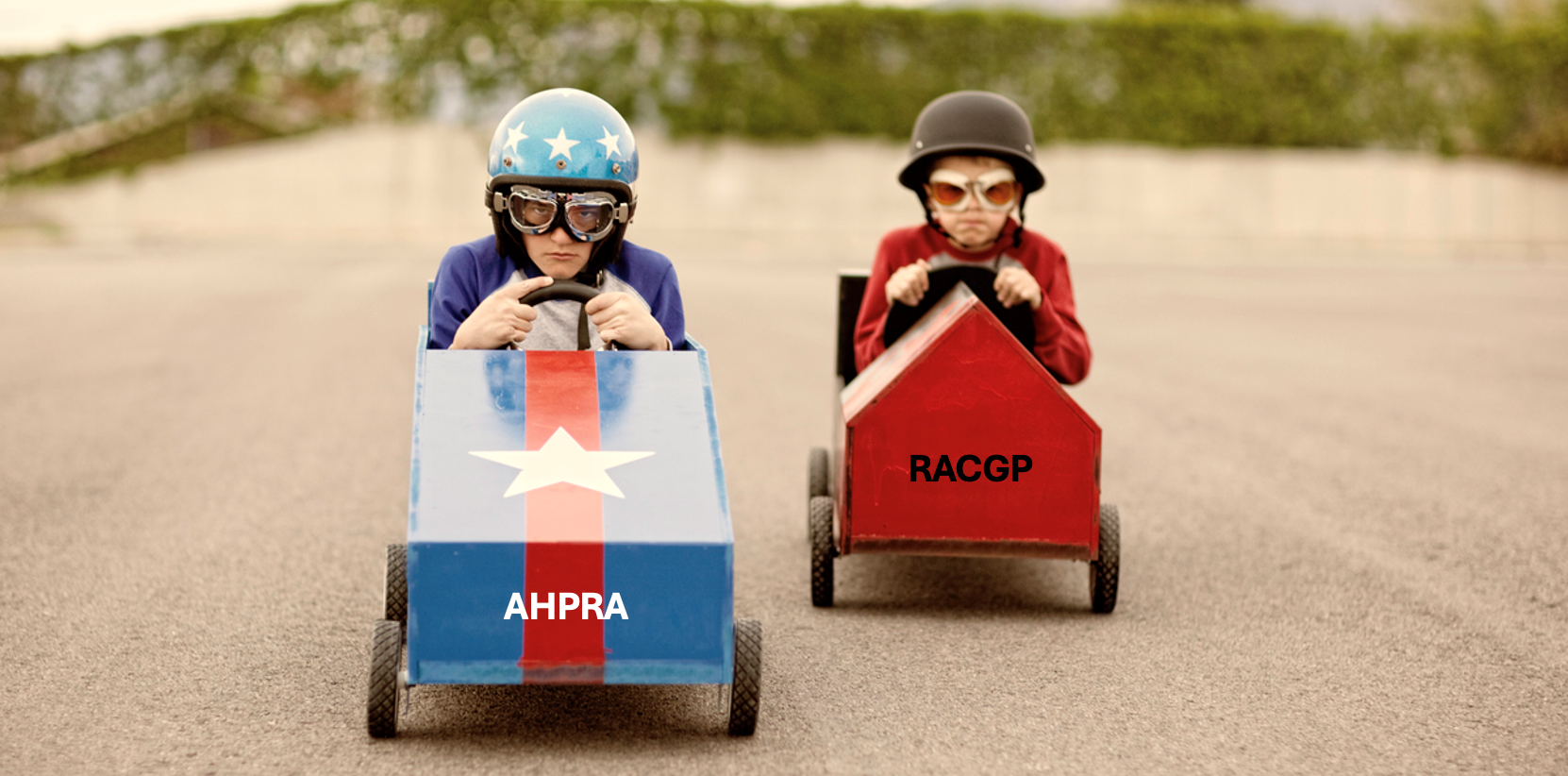The safety net acts as the ambulance at the bottom of the cliff rather than the fence at the top, so improvements must be married with other measures to reduce OOPs, says the college.
Lowering the Medicare Safety Net thresholds would improve the buffer to out-of-pocket costs for care, but it can’t stop there, says the RACGP.
In its submission to the Department of Health and Aged Care’s Medicare Safety Net (MSN) Reform Working Group, the RACGP said changes to the MSN must be made to improve transparency and protect those at risk.
“The MSN thresholds are too high to deliver meaningful benefits to more than a small handful of Australians each year,” read the submission.
“The RACGP is asking the DoHAC to develop an immediate solution to patients’ rising out-of-pocket costs and address the shortfall of the current MSN.”
But fixing the MSN alone will not address the issue of higher out-of-pocket costs, added the college.
“A safety net is very much like the ambulance at the bottom of the cliff rather than the fence at the top,” read the report.
“Increasing [out-of-pocket] costs will only be effectively addressed when MBS patient rebates more accurately reflect the actual cost of delivering a quality health service.
“However, we do appreciate fixing the MSN in the meantime could provide an essential buffer for some patients during a cost-of-living crisis.”
The college called for the lowering of the MSN threshold for individuals and families, possibly based on incomes, and implementation of a freeze on MSN indexation while Medicare rebates were increased to reflect the cost of care.
It also asked that the government look into separating out GP versus non-GP specialist contributions to the threshold and rolling out a federally funded scheme allowing GPs to receive advice from specialists to reduce referrals.
RACGP president Dr Nicole Higgins said not enough patients were benefiting from the thresholds.
“As it stands, people can’t benefit from the Medicare Safety Net if they can’t afford the upfront out-of-pocket cost of seeing their GP – this means the most vulnerable Australians, those on low incomes, are being left behind,” she said.
“A recent newsGP poll found 66% of respondents agreed the Safety Net thresholds are too high.
“Lowering the Safety Net thresholds will improve access to essential GP care for people on low incomes, and mean fewer people put off seeing their GP due to financial strain.
“This would provide significant financial relief, particularly for people with chronic health conditions or high healthcare needs.”
Related
Ultimately, the system needed investment in patient rebates, added Dr Higgins.
“We also urgently need meaningful investment to increase patients’ Medicare rebates, which have not kept up with inflation and no longer cover the full cost of providing care,” she said.
“We’re continuing to call for an increase to rebates for longer consultations – to reduce out of pocket costs for patients so they can access the care they need.
“General practice care must be affordable for everyone, and the RACGP looks forward to collaborating with the Department of Health and Aged Care to ensure the Medicare Safety Net is effective, and that everyone can access the essential healthcare they need, when and where they need it.”





